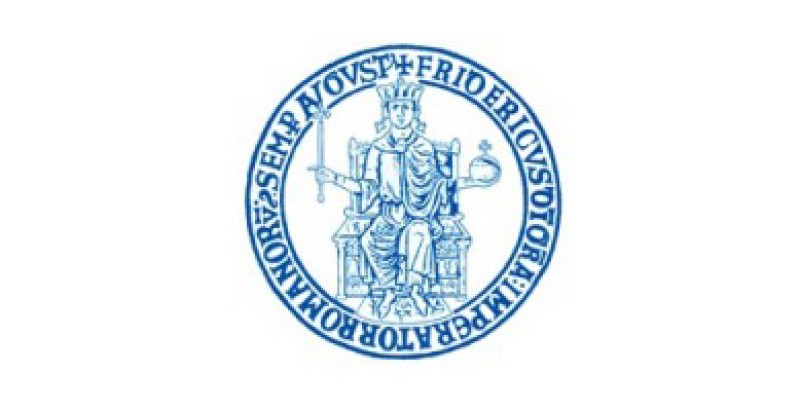Sub-theme 28: Shadows of Organizational Corruption: Renewing the Research Agenda
Call for Papers
Concerns about issues associated with corruption, which Transparency International (2011) defines "as the abuse
of entrusted power for private gain", have increased dramatically in recent years. From the LIBOR and FOREX scandals in the
banking sector, to reports revealing that bribery in the global economy has reached unprecedented levels, to a recent article
in the New York Times discussing how graft prevents Iraq's military from effectively fighting ISIS (Kirkpatrick,
2014), one cannot define the world of contemporary organizations without some reference to corruption. Of course, many International
agencies are all trying to control corruption. But, in spite of all their efforts, corruption appears to unrelentingly persist
and cast a long shadow on many organizational settings.
Responding to the increasing importance of this phenomenon,
academics from different disciplines have extensively studied organizational corruption. In 2008, organizational corruption
was the theme of a special issue of the Academy of Management Review where the editors aimed to stimulate the study
of organizational corruption as a "systemic and synergistic phenomenon" (Ashforth et al., 2008). Lounsbury and Hirsch (2010)
in their edited volume, titled "Markets on Trial", dealing with the 2008 financial markets failure, identify and discuss corruption
as an important contributing factor to this global crisis. In addition, various researchers have investigated different aspects
of organizational corruption, such as the normalization of corruption over time (Anand et al., 2004; Palmer, 2008; Spicer,
2009), the ways in which spreads in organizations (Fleming & Zyglidopoulos, 2009; Zyglidopoulos & Fleming, 2008),
the ways corruption escalates (Fleming & Zyglidopoulos, 2008), the levels from which corruption occurs and spreads within
organizations (Pinto et al., 2008) and the causes and consequences of organizational corruption (Greve et al., 2010), including
the importance of moral disengagement mechanisms 1996), ethical blindness (Palazzo et al., 2012) and second-order corruption
(Zyglidopoulos, 2015). However, given that corruption is still prevalent and even increasing in seriousness, a lot more work
needs to be done, if we are to reach a level of understanding that will lead to its more effective prevention.
An indicative, and far from exhaustive, list of themes that would be relevant to this sub-theme could include:
- Defining when behavior has gone "over the line" enough to be seen as corrupt
- Addressing behavior that is or seems to be corrupt but is not "illegal"
- Considering how variations in governance structures and institutional arrangements are associated with different degrees and kinds of corruption
- Bringing together multiple levels at which corruption may be found – e.g., individual, organizational, industry field, national and international – and discussing their possible interactions
- Considering in what types of environments corruption is more likely to be accepted as "normal" versus punished. What variations are found in different nations' laws, customs and degrees of enforcement?
- Addressing how whistleblowers are rewarded of (more usually) punished
- Addressing perspectives from the multiple disciplines that contribute to organizational analysis, e.g., cultural, historical, economic, sociological, and political framings.
- Considering how powerful authorities are able to become legally exempt from prosecution for outlawed behavior
- Addressing the evolution and escalation of corruption in different organizational settings over time
- Discussing the how organizations become corrupt. Is it a 'bad-apples' issue or a bad-barrel one? In other words, when does organizational corruption become systemic?
References
- Anand, V., Ashforth, B.E., & Joshi, M. (2004): "Business as usual: The acceptance and perpetuation of corruption in organizations." The Academy of Management Executive, 18 (2), 39–53.
- Ashforth, B.E., Gioia, D.A., Robinson, S.L., & Treviño, L.K. (2008): "Re-Viewing Organizational Corruption." Academy of Management Review, 33 (3), 670–684.
- Bandura, A. (1999): "Moral disengagement in the perpetration of inhumanities." Personality and Social Psychology Review, 3 (3), 193–209.
- Bandura, A., Barbaranelli, C., Caprara, G.V., & Pastorelli, C. (1996): "Mechanisms of moral disengagement in the exercise of moral agency." Journal of Personality and Social Psychology, 71 (2), 364.
- Fleming, P., & Zyglidopoulos, S.C. (2008): "The Escalation of Deception in Organizations." Journal of Business Ethics, 81 (4), 837–850.
- Fleming, P., & Zyglidopoulos, S.C. (2009): Charting Corporate Corruption Agency, Structure and Escalation. Cheltenham: Edward Elgar.
- Greve, H.R., Palmer, D., & Pozner, J.E. (2010): "Organizations Gone Wild: The Causes, Processes, and Consequences of Organizational Misconduct." The Academy of Management Annals, 4 (1), 53–107.
- Kirkpatrick, D.D. (2014): "Graft Hobbles Iraq's Military in Fighting ISIS." In: New York Times, November 23, 2014.
- Lounsbury, M., & Hirsch, P.M. (2010): Markets on Trial: The Economic Sociology of the US Financial Crisis. Bingley: Emerald Books.
- Palazzo, G., Krings, F., & Hoffrage, U. (2012): "Ethical Blindness." Journal of Business Ethics, 109 (3), 323–338.
- Palmer, D. (2008): "Extending the process model of collective corruption." Research in Organizational Behavior, 28, 107–135.
- Pinto, J., Leana, C.R., & Pil, F.K. (2008): "Corrupt Organizations or Organizations of Corrupt Individuals? Two Types of Organization-Level Corruption." Academy of Management Review, 33 (3), 685–709.
- Spicer, A. (2009): "The Normalization of Corrupt Business Practices: Implications for Integrative Social Contracts Theory (ISCT)." Journal of Business Ethics, 88 (4), 833–840.
- Transparency International (2011): The Global Coalition against Corruption; https://www.transparency.org/
- Zyglidopoulos, S. (2015): "Toward a Theory of Second-Order Corruption." Journal of Management Inquiry, 1056492615579914, first published on April 23, 2015; http://jmi.sagepub.com/content/early/2015/04/22/1056492615579914.abstract
- Zyglidopoulos, S.C., & Fleming, P.J. (2008): "Ethical Distance in Corrupt Firms: How Do Innocent Bystanders Become Guilty Perpetrators?" Journal of Business Ethics, 78 (1–2), 265–274.


